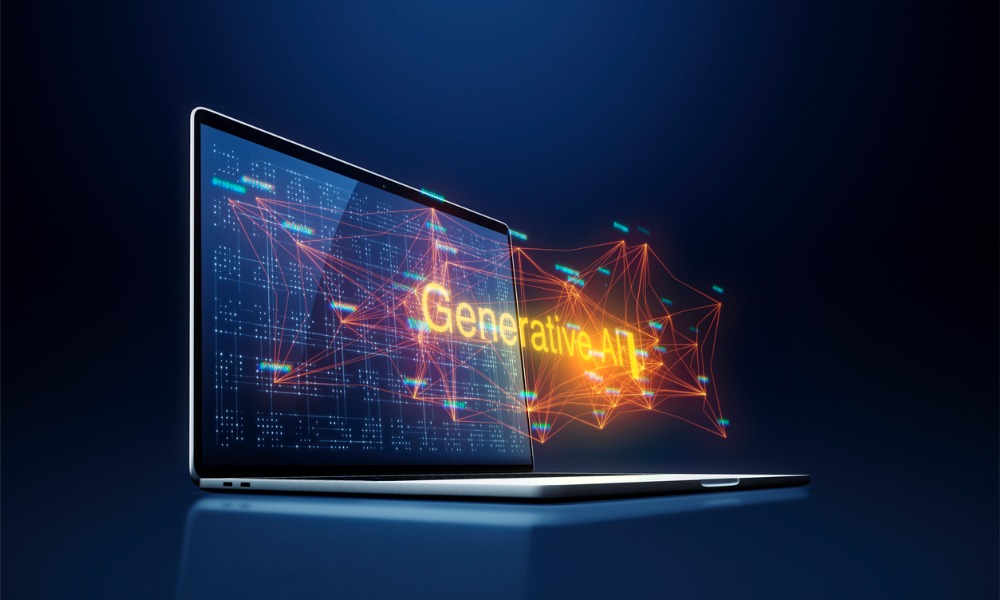74% of employees are comfortable working alongside AI

Nearly all business leaders in Singapore have agreed that generative AI has enhanced employees' work quality amid their widespread encouragement on using the technology.
These were the findings of Singapore's education and training provider, NTUC LearningHub, in a survey among 650 employees and business leaders.
It found that 74% of employees surveyed are comfortable working alongside generative AI tools, including 68% who use the tech in their day-to-day work.
More than three-quarters (76%) of business leaders are aware of their employees' use of generative AI. In fact, 63% of them said their organisation even encourage staff to use the tech.
According to the business leaders surveyed, using generative AI tools at work has enhanced their employees' work quality and support daily tasks (91%).
Business leaders added that the introduction of generative AI at work has also opened the following opportunities in the workplace:
- AI-powered chatbots (59%)
- Personalised customer experience (58%)
- Price optimisation (45%)
Employees also agreed on the following benefits of AI:
- Analysing complex data (48%)
- Generating ideas, designs, and content (47%)
- Customising work based on requirements given (40%)
Rising job insecurity
Despite these benefits, concerns on job security have been growing for both employees and business leaders surveyed, according to the report.
Four in 10 employees are concerned that generative AI technologies will replace their jobs. They also expressed worries on:
- Security (52%)
- Legal and ethics (40%)
- Digital fluency and proficiency (31%)
- Potential inaccuracies or biases by AI (29%)
According to the report, business leaders share the same worries, with 40% concerned on transitioning their workers to higher-value job roles.
Employees across the world have been growing concerned of potentially losing their job to AI after recent estimates predict that 300 million full-time roles could be affected.
Early this year, an e-commerce firm in India replaced 90% of its support staff with AI and called it an "absolutely" necessary move.
Sean Lim, Chief Human Resources Officer (CHRO) at NTUC, said it is important to take an "employee-centric" approach when integrating AI in the workplace.
"Open communication channels and collaboration are necessary to involve workers in AI adoption and provide them with the assurance that AI will augment their jobs rather than replace them," Lim said in a statement.
The CHRO also highlighted the importance of upskilling employees in the wake of generative AI.
"Investing in relevant employee learning and development is becoming increasingly crucial with the advent of advanced technologies like generative AI," Lim said.
"Besides ensuring that employees are equipped with the technical know-how, having learning agility, for example, is an important critical core skill or soft skill as it involves being open to new knowledge and enables one to learn, adapt, unlearn, and relearn to keep up with constantly changing conditions in the workplace."








